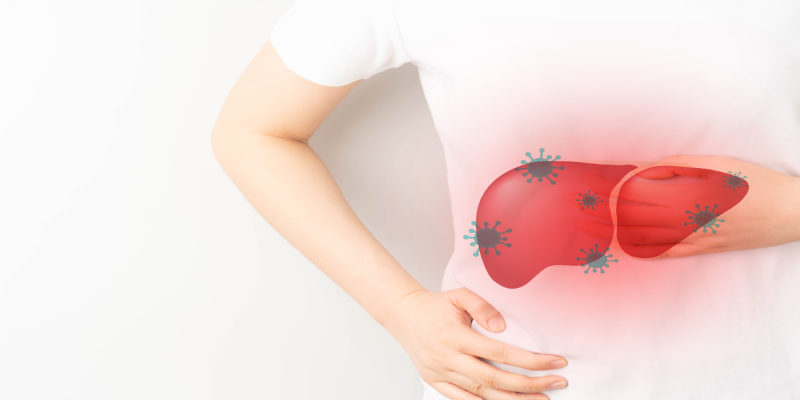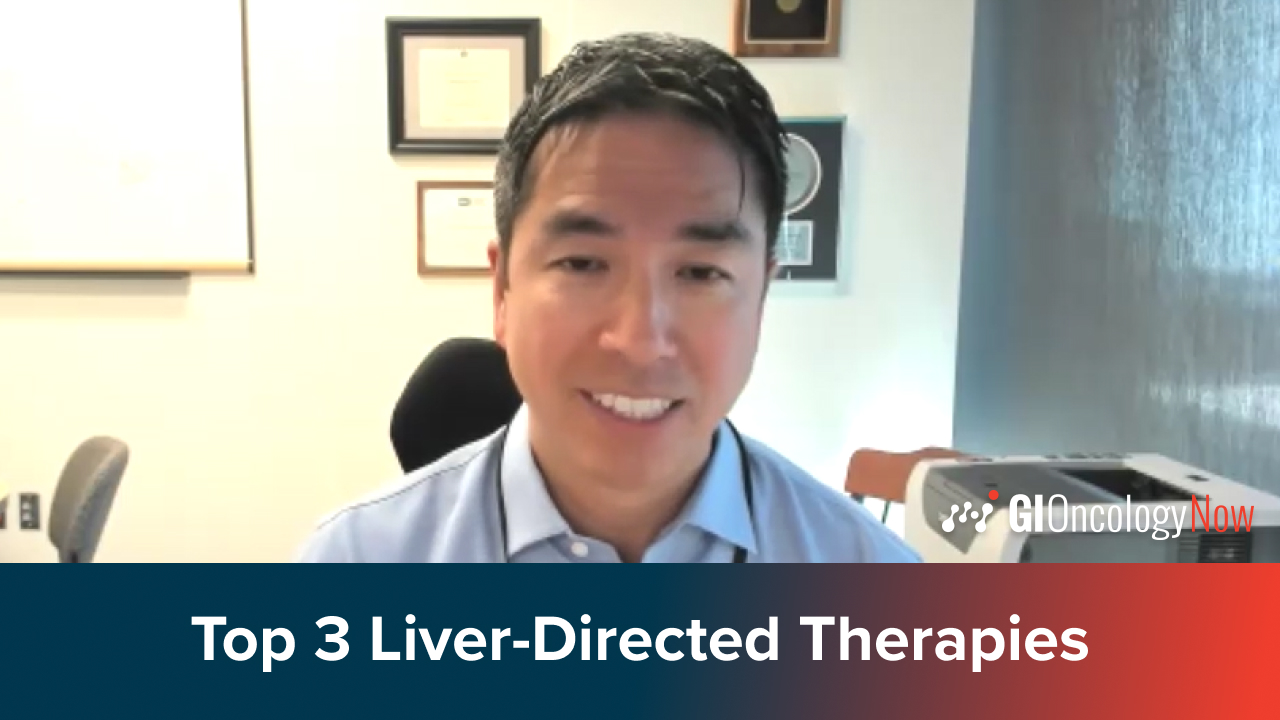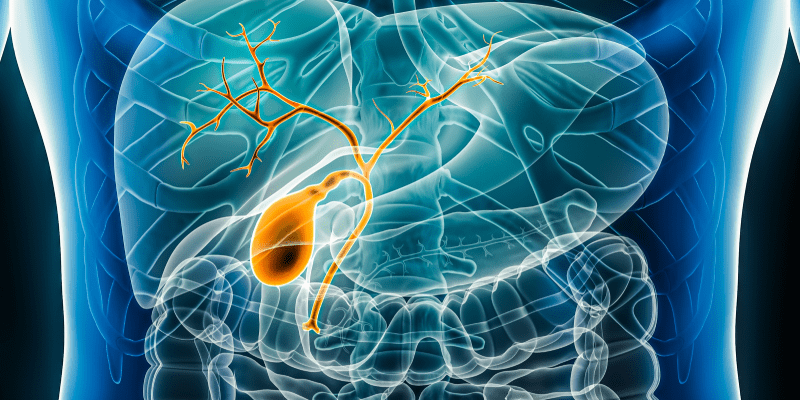
According to a study presented at the annual meeting of the American Association for the Study of Liver Diseases, direct-acting antiviral agents (DAAs) remain underutilized in patients with hepatitis C virus (HCV)-related hepatocellular carcinoma (HCC).
This trend occurs even though patients who received DAAs had a significantly higher 5-year survival, researchers noted.
Leslie Yeeman Kam, MD, of Stanford University Medical Center, and colleagues designed a study to determine the proportion of patients with HCV-related HCC who received a DAA after 2014—the year in which all-oral interferon-free DAAs for the treatment and cure of HCV became available—and factors associated with treatment receipt. They also evaluated the treatment impact of DAAs on overall survival (OS) in this population as a secondary outcome.
The retrospective analysis included 3922 patients with HCV-related HCC from 2015 through 2021 who had at least 6 months of insurance coverage, but did not have prior liver transplant, hepatitis B, hepatitis D, or HIV co-infection. Among these patients, 23.5% (n=922) received DAA.
Researchers acknowledged that treatment rates were higher for patients with cirrhosis and those who received care from gastroenterology or infectious disease physicians with or without oncology specialists. Compared with untreated patients, the DAA-treated group was also younger (median age, 66.4 vs 65.2 years, respectively; P<.001).
Multivariable logistic regression revealed that younger age, being seen by a gastrointestinal/infectious disease physician, and having cirrhosis were associated with higher odds of receiving DAA treatment. Sex or race/ethnicity were not associated with higher odds of receiving DAA, they noted.
Importantly, Dr. Kam and colleagues found that DAA-treated patients had significantly higher 5-year survival compared with untreated patients (47.2% vs 35.2%, respectively; P<.001). After adjusting for age, sex, race/ethnicity, Charlson Comorbidity Index, and HCC treatment, receiving DAA treatment remained significantly associated with lower mortality (hazard ratio, 0.61; 95% CI, 0.53-0.69; P<.001).
“Although those who received DAA treatment had a significantly better 5-year survival, DAA treatment remains underutilized even in the sickest of patients with HCV who are insured, as less than 1 in 4 patients were treated,” they concluded. “Seeing a gastrointestinal/infectious disease specialist was associated with 3-times higher odds of receiving DAA therapy in patients with HCV-related HCC, highlighting the needs for a multidisciplinary approach to care for this population.”







 © 2025 Mashup Media, LLC, a Formedics Property. All Rights Reserved.
© 2025 Mashup Media, LLC, a Formedics Property. All Rights Reserved.